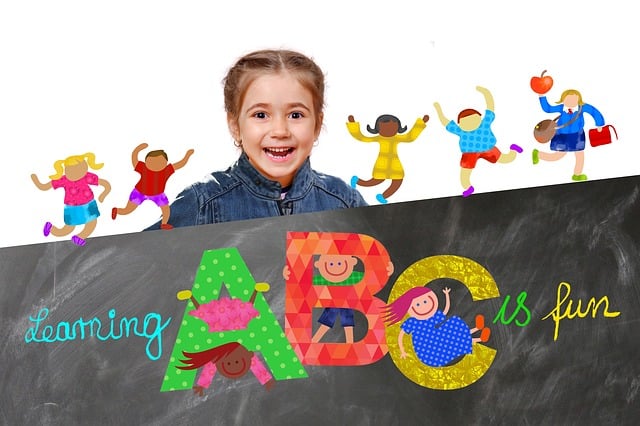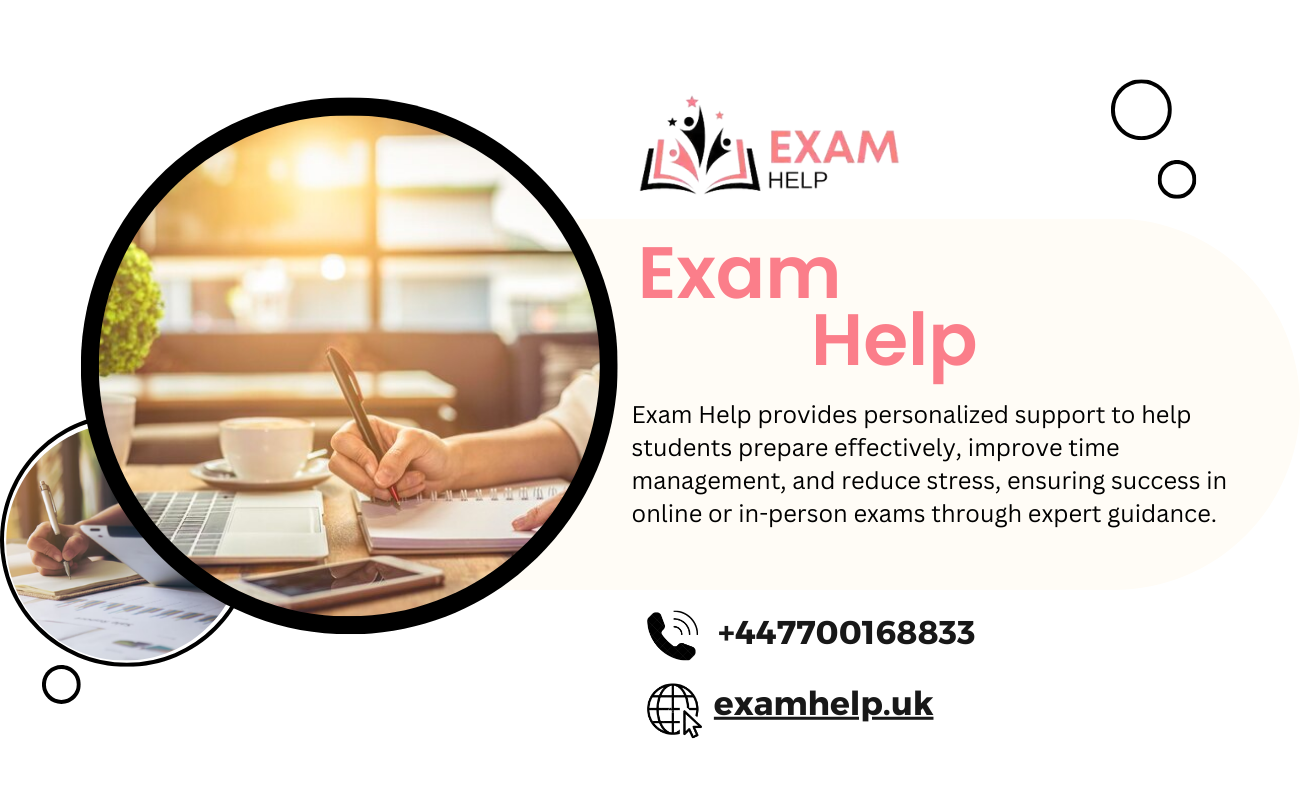Play-based learning is a vital component of early childhood education, providing a foundation for cognitive, social, emotional, and physical development. It shifts away from traditional, structured methods of instruction and focuses on learning through engaging, playful activities that are driven by children’s interests and curiosity. This approach not only fosters academic skills but also nurtures creativity, problem-solving, and interpersonal relationships in young learners.
1. Cognitive Development
Play-based learning stimulates cognitive growth by encouraging children to explore, experiment, and make sense of the world around them. Children learn to think critically and solve problems via play. For instance, building with blocks helps children understand spatial relationships, balance, and basic math concepts such as shapes and sizes. Role-playing activities, like pretending to be a teacher or a chef, promote language development and the ability to sequence events and processes, strengthening both memory and comprehension.
Play-based learning allows children to engage in “active learning,” where they learn by doing rather than passively receiving information. It supports inquiry-based learning, where children ask questions, make predictions, and test their ideas, forming the groundwork for later academic success.
2. Social and Emotional Development
The influence of play-based learning on emotional and social growth is among its most important advantages. Play provides a natural setting for children to interact with peers, collaborate, negotiate, and resolve conflicts. These interactions teach children valuable social skills such as sharing, empathy, and cooperation. Children can practice compromise and communication skills by negotiating roles and rules in a pretend game, for example. Children can practice compromise and communication skills by negotiating roles and rules in a pretend game, for example.
Emotionally, play helps children express and understand their feelings. Whether it’s through imaginative play, storytelling, or physical activity, children can explore their emotions in a safe and supportive environment. This self-expression is crucial for emotional regulation and the development of self-confidence and resilience. Additionally, play-based learning fosters a sense of autonomy, as children make choices and take control of their play experiences, boosting their independence and self-esteem.
3. Physical Development
Incorporating physical play into early childhood education is essential for the development of gross and fine motor skills. Activities such as running, climbing, or playing with playdough encourage children to develop coordination, strength, and dexterity. Fine motor skills, such as cutting with scissors or drawing, are essential for tasks like writing, while gross motor skills are vital for overall physical health and coordination.
Physical play also helps children understand spatial awareness and body control. Whether it’s through structured activities like sports or free play on a playground, children learn to navigate their environment and develop motor planning abilities, contributing to their physical and cognitive growth.
4. Creativity and Imagination
Play-based learning fuels creativity and imagination, allowing children to explore new ideas and think outside the box. Imaginative play, such as pretending to be different characters or creating stories, encourages children to experiment with language, emotions, and perspectives. This type of creative expression helps children develop a rich imagination, which is crucial for innovation and problem-solving in later life.
Creative play also fosters cognitive flexibility, enabling children to adapt to new situations and think of multiple solutions to a problem. Whether they are building a fort with cushions or inventing a new game with friends, children learn to think critically, plan, and execute their ideas in creative ways.
5. Language Development
Play-based learning provides countless opportunities for language development. Through storytelling, role-playing, and social interactions, children expand their vocabulary and improve their communication skills. Engaging in conversation during play, whether with peers or adults, helps children learn how to express their thoughts and feelings, ask questions, and negotiate meaning. This interaction not only builds language proficiency but also helps children understand the nuances of social communication, such as tone, body language, and turn-taking in conversations.
For example, when children engage in pretend play, such as running a pretend restaurant, they practice using new words and phrases, enhancing their understanding of language in different contexts.
6. Laying the Foundation for Lifelong Learning
Cultivating a love of learning is one of the main advantages of play-based learning.When children are actively engaged and enjoying what they do, learning becomes a positive and rewarding experience. This early association between joy and learning encourages children to remain curious and motivated as they progress through their education.
Play-based learning also fosters a growth mindset. Children learn through trial and error, realizing that mistakes are part of the learning process. This helps them develop resilience and a positive attitude toward challenges, setting the stage for lifelong learning and problem-solving.
Conclusion
Play-based learning is more than just a fun activity; it is a fundamental approach to early childhood education that nurtures the whole child. By supporting cognitive, social, emotional, physical, and language development, play-based learning provides a well-rounded foundation for future academic and personal success. When children are given the freedom to explore, create, and interact with others in a playful environment, they develop essential life skills that will serve them throughout their lives. Find the best preschools near you. Most of the Pre-Schools in Thrissur, known for their commitment to innovative education, can significantly benefit from embracing play-based learning to foster a generation of confident, creative, and capable learners.










